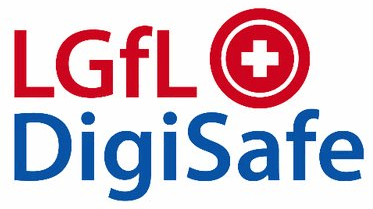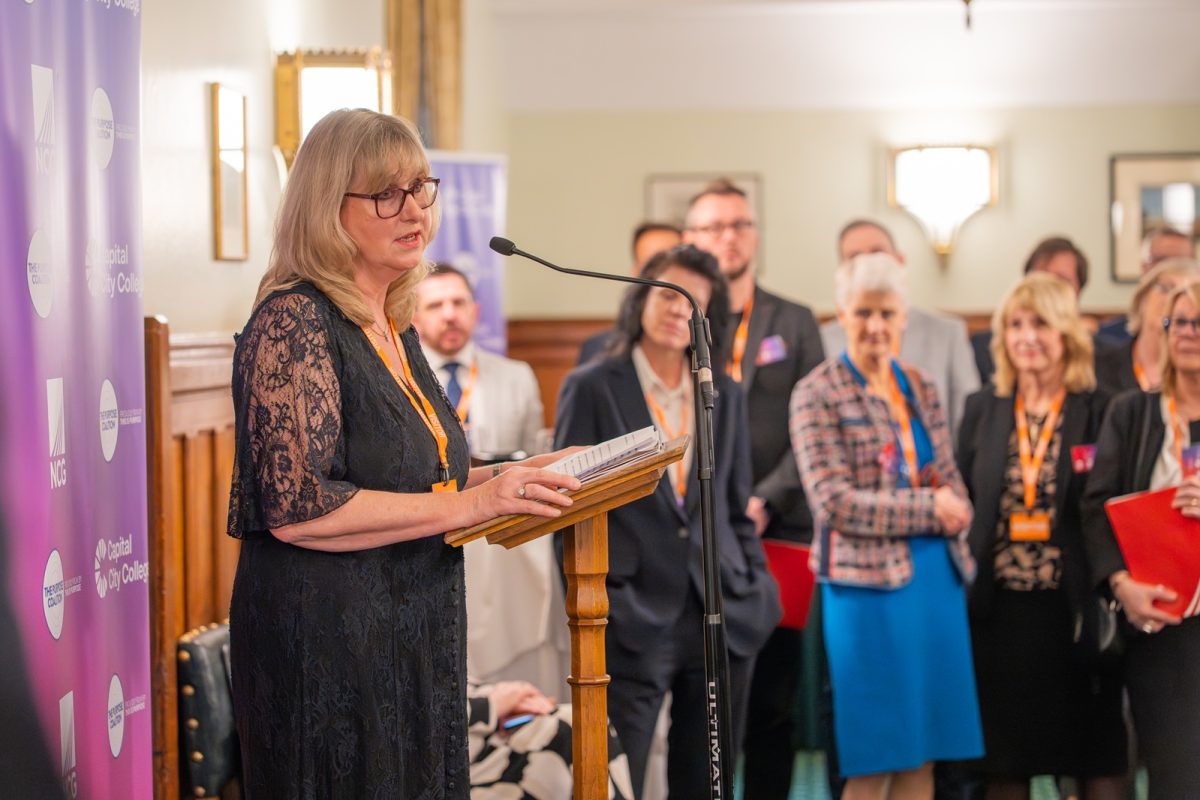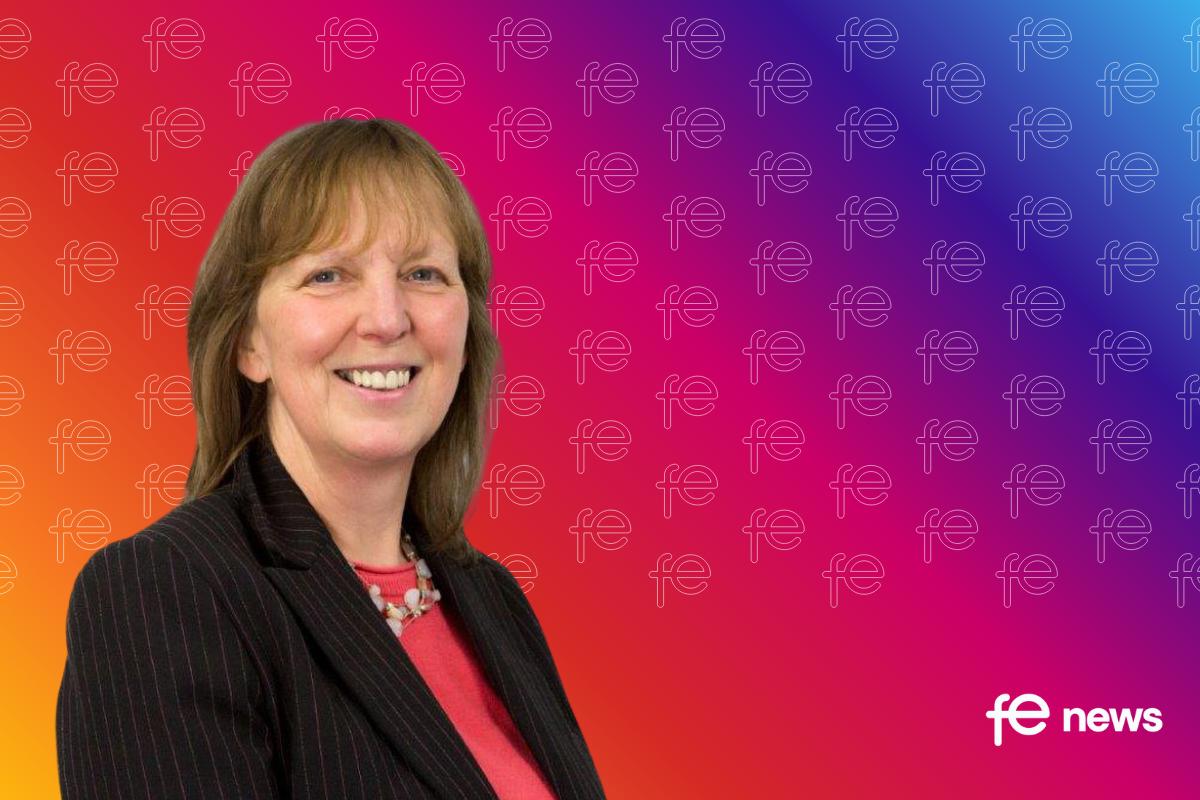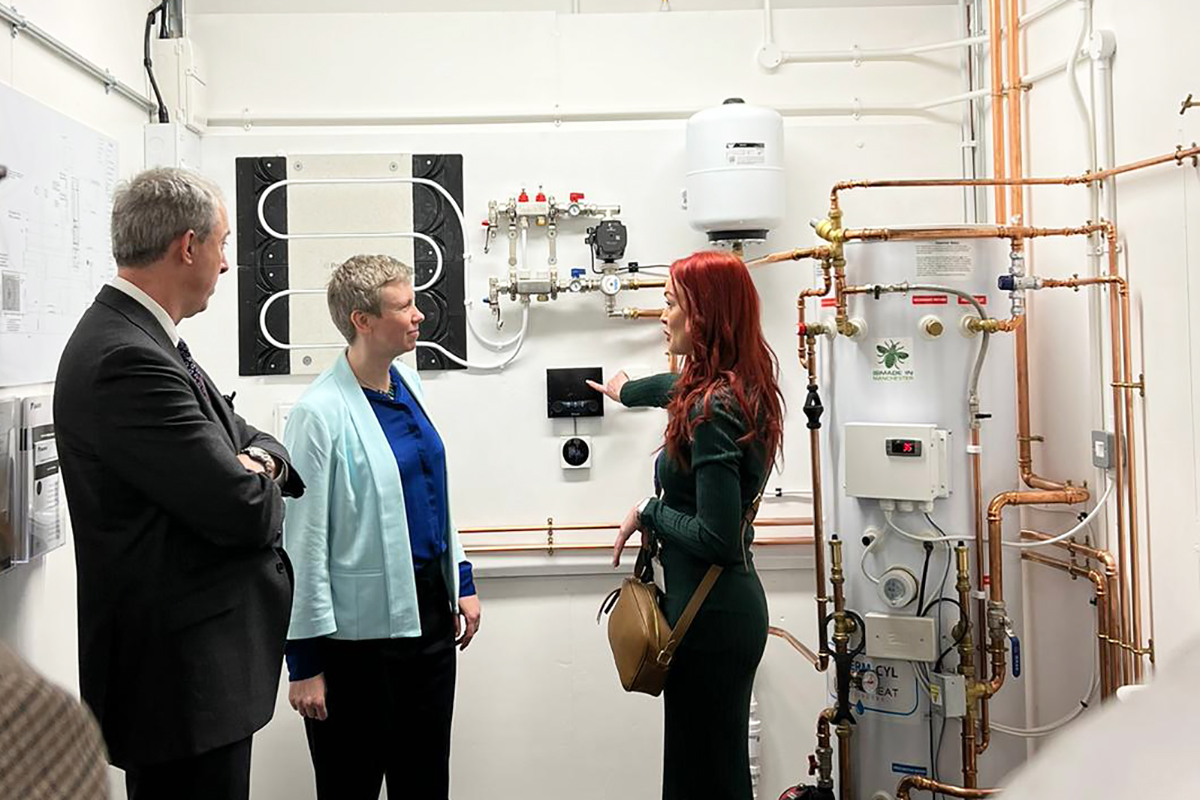LGfL DigiSafe: New safeguarding centre of excellence

The London Grid for Learning (LGfL) is excited to be sharing LGfL DigiSafe, following its Digisafe Safeguarding Conference on Friday 9th March.
DigiSafe is LGfL’s strategic response to the complex challenges faced by schools: a Centre of Excellence dedicated to engaging and collaborating with teachers and safeguarding leads as part of its service offer to schools.
Keeping children safe has many aspects: technology has a vital role to play, but cannot be treated in a vacuum without reference to educational resources and training – for pupils, staff and parents.
Accordingly, LGfL DigiSafe encompasses all this and more, with every decision informed by the latest best-practice and experience on the ground, coupled with an understanding of the latest risks and opportunities, trends and behaviours.
Ensuring we base our response on the latest evidence is one of the reasons why the LGfL DigiSafe team is currently working with children’s charity NSPCC on a nationwide survey of pupil online safety.
The survey, which is open throughout February, is a great activity for Safer Internet Day and allows teachers to develop a better understanding of young people’s online lives – nationally, via an academic report we have commissioned, and locally, through data which will be returned to participating schools. So far 55,000 children have already signed up to complete the survey.
LGfL resources which assist in aiding online safety include online assessment resource CyberPass – shortlisted as a finalist for a 2018 Bett Award in the category ‘Classroom aids for learning, teaching and assessment’.
We are delighted with this shortlisting as recognition of the continued relevance of CyberPass as a diagnostic tool to help schools maximise the limited time they have to address online safety skills and identify strengths and weaknesses.
Squeezed budgets mean that no school can afford to let staff attend training unless it is absolutely essential and provides unique opportunities for development.
With this in mind, a safeguarding conference for 300 teachers from LGfL schools in March will give designated safeguarding leads a free day of keynotes and seminars with speakers from organisations such as the Internet Watch Foundation (IWF), CEOP (Child Exploitation and Online Protection Command), NSPCC and BBFC (British Board of Film Classification) covering themes such as sexting, child sexual abuse prevention and online pornography, as well as radicalisation experts exploring how schools can meet their duties under the ‘Prevent’ strategy.
Experts from the National Counter Terrorism & Security Office will also outline how ‘Protect’ can prepare young people against knife and firearm attacks.
LGfL DigiSafe’s online resource portal saferesources.lgfl.net signposts to materials created both internally and externally and is a key part of the support offered to school staff, pupils and parents. Items and new filters are regularly added where appropriate to meet new and emerging needs, such as live streaming.
Templates for key documents such as acceptable use agreements are regularly updated by the Safeguarding Board. They represent a well-used mainstay of the safeguarding support offered to all schools and are key to the Trust’s status as a centre of excellence in this area.
Every school or college that signs up to LGfL enjoys a suite of solutions to keep children and school staff safe.
This has long included state of the art web filtering and uniquely hosted and protected email systems, and is informed and kept in line with the latest best-practice by volunteer experts from local authorities across the country who sit on the LGfL Safeguarding Board.
More recently the Netsweeper technology behind LGfL’s state-of-the-art filtering service has been enhanced by the implementation of the IWF’s Image Hash List, which prevents child abuse imagery being reuploaded to new sites.
Partnership is key to our success, and as John Jackson said of this work, “The world will be that little bit safer as a result of the partnership between LGfL and IWF”.
To find out more about LGfL DigiSafe, please visit our resources at saferesources.lgfl.net











Responses